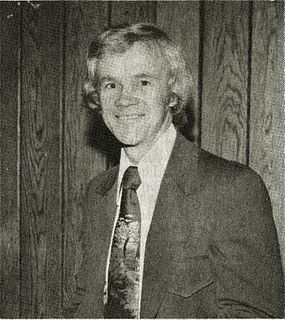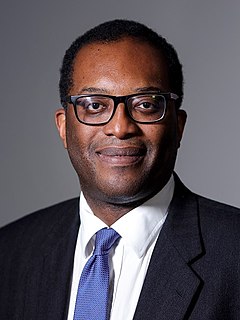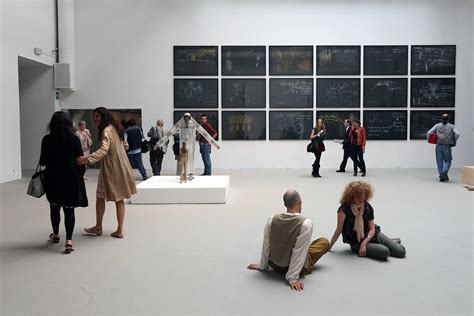A Quote by Murray Bookchin
I'm talking of the idea, basically very widespread in America, that the less government the better, which is obviously being used to the advantage of the big corporations, but none-the-less has very radical implications. The idea of a people that exercises a great deal of federalist or confederalist control, the ideal of a grass-roots type of democracy, the idea of the freedom of the individual which is not to get lost in the mazes of anarcho-egotism à la Stirner, or for that matter right-wing libertarianism.
Quote Topics
Advantage
America
Basically
Being
Being Used
Better
Big
Big Corporations
Control
Corporations
Deal
Democracy
Egotism
Exercises
Federalist
Freedom
Get
Government
Grass
Great
Great Deal
Idea
Ideal
Implications
Individual
La
Less
Libertarianism
Lost
Matter
Mazes
None
Obviously
People
Radical
Right
Right-Wing
Roots
Talking
Type
Used
Very
Which
Widespread
Wing
Related Quotes
Pictures are the idea in visual or pictorial form; and the idea has to be legible, both in the individual picture and in the collective context - which presupposes, of course, that words are used to convey information about the idea and the context. However, none of this means that pictures function as illustrations of an idea: ultimately, they are the idea. Nor is the verbal formulation of the idea a translation of the visual: it simply bears a certain resemblance to the meaning of the idea. It is an interpretation, literally a reflection.
Libertarianism is what you probably already believe: Libertarian values are American values. Libertarianism is America's heritage of liberty, patriotism and honest work to build a future for your family. It's the idea that being free and independent is a great way to live. That each of us is a unique individual, with great potential. That you own yourself, and that you have the right to decide what's best for you. Americans of all races and creeds built a great and prosperous country with these libertarian ideals. Let's use them to build America's future.
f you analyze it I believe the very heart and soul of conservatism is libertarianism. I think conservatism is really a misnomer just as liberalism is a misnomer for the liberals - if we were back in the days of the Revolution, so-called conservatives today would be the Liberals and the liberals would be the Tories. The basis of conservatism is a desire for less government interference or less centralized authority or more individual freedom and this is a pretty general description also of what libertarianism is.
It is impossible to devise an experiment without a preconceived idea; devising an experiment, we said, is putting a question; we never conceive a question without an idea which invites an answer. I consider it, therefore, an absolute principle that experiments must always be devised in view of a preconceived idea, no matter if the idea be not very clear nor very well defined.
The idea that, in the age of Google, Facebook and the internet, government can control the 'commanding heights' of the economy is one of the great delusions of our age. Modern techonology, social media, the explosion of online retail, among many other things, have meant that governments have less and less control.
On a very, very basic level, I'm definitely pro market because with the market comes the idea of the individual and the idea of specialisation, and I personally like being an individual and choosing my interactions. I don't see culture moving away from that, like back to a farming society. You couldn't do that with the amount of people we have.
The idea that Christianity is basically a religion of moral improvement... has its roots in the liberal Protestantism of the late nineteenth century and early twentieth century... It is this stereotype which continues to have influence today... But then came the First World War... What had gone wrong was that the idea of sin had been abandoned by liberal Christianity as some kind of unnecessary hangover from an earlier and less enlightened period in Christian history.



































